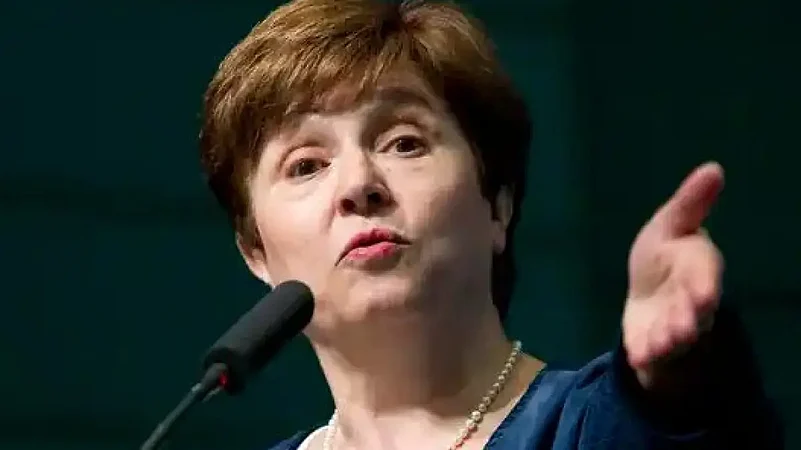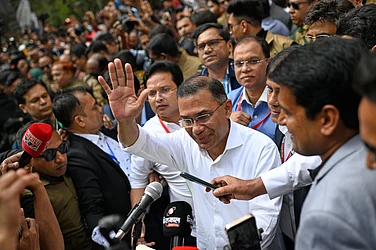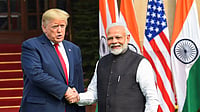India has been very good at managing its finances but the surge in global energy prices is going to have a negative impact on its economy, said Kristalina Georgieva, the Managing Director of the International Monetary Fund.
During a media roundtable on Thursday on the Russian invasion of Ukraine and its global impact, Gita Gopinath, who is the First Deputy Managing Director of the IMF, observed that the war has posed a challenge to economies around the world, including India.
"India relies heavily on energy imports and the price is going up. That has implications on the purchasing power of Indian households."
"If you're looking at headline inflation numbers, inflation in India is close to around six per cent, which is the upper end of the inflation band for the Reserve Bank of India," Gopinath said.
This has implications on the monetary policy in the country and it is a challenge in many parts of the world, not just India, she said.
Georgieva said, "Clearly the most significant channel of impact on the Indian economy is energy prices."
India is an importer and the increase in energy prices is going to have a negative impact, she said, adding, "India has been very good in managing its finances."
She stressed that there are some fiscal spaces to be able to respond to the challenge.
"Our advice to our members is first and foremost make sure that you protect the most vulnerable populations from the shot up of prices, not only energy but also foot food prices for countries where this is going to be a significant factor," the IMF managing director said.
"Target your fiscal space to those that are in a grievous need to be supported. We would also be looking into monetary policy responses, as to how could they be calibrated appropriately to what is happening," Georgieva added.


























